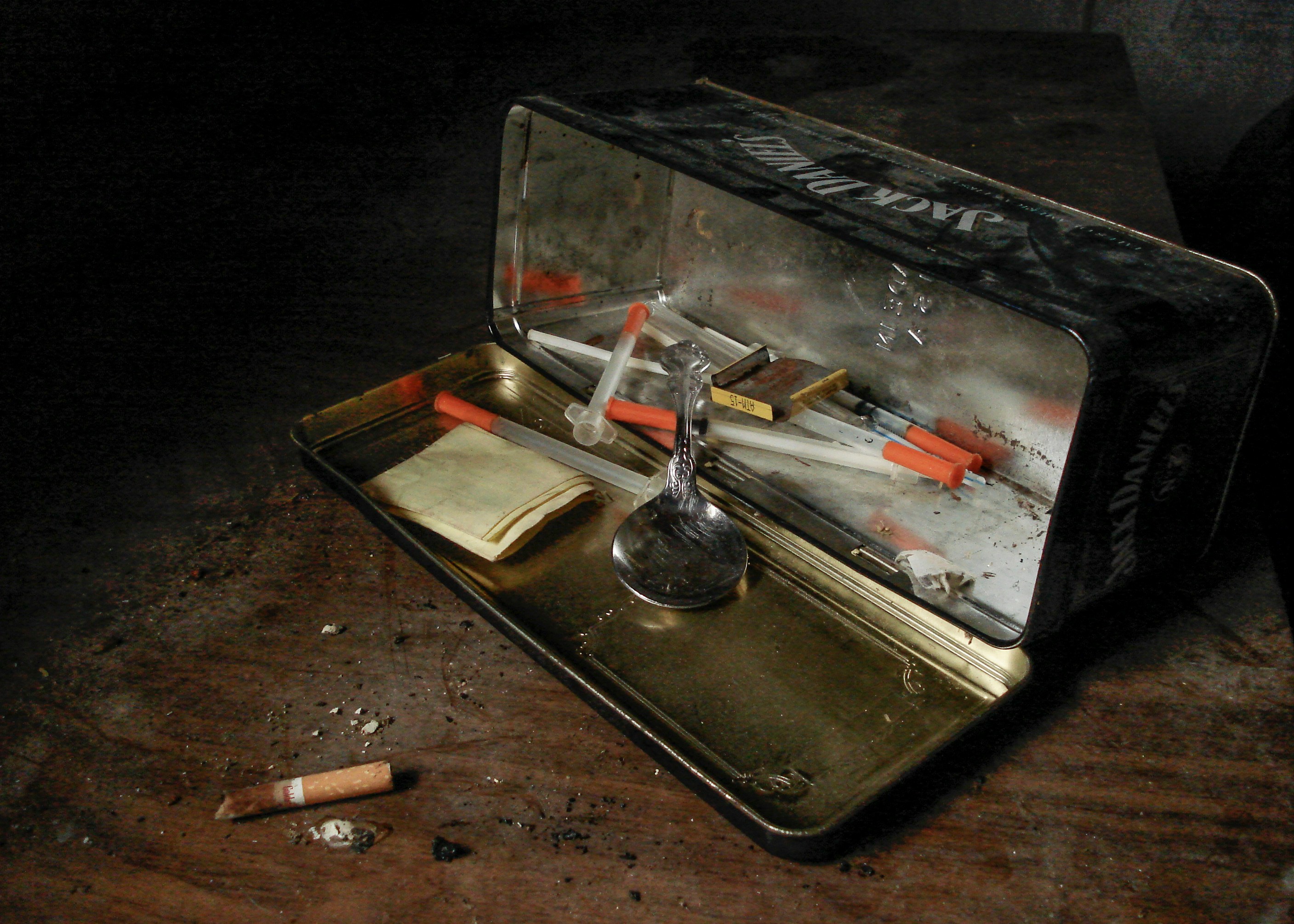Substance abuse is widespread in North America. Thirty-eight percent of American adults struggled with illicit drug use in 2017. In 2018, 5.8% of Americans struggled with alcoholism. As of 2012, more than 21 percent of Canadians had a substance abuse disorder, which translates to one in five of all Canadians. Although there is some overlap between Americans who struggle with drug addiction and alcoholism, approximately one in every three American adults has a substance abuse problem. One in 10 children in the United States has a parent who has alcohol use issues.
The prevalence of substance abuse has a significant impact on individuals, families, society and the economy. It was estimated that alcoholism alone cost the US economy over $240 billion in 2010. In 2012 almost six percent of all deaths worldwide were connected to the use of alcohol and over five percent of diseases and injuries were caused by consuming alcohol.
The statistics indicate that it is in the best interests of all members of society for those with substance abuse issues to receive treatment, but it can be challenging for those who need help to find the right source of treatment and support. Those who are attempting to help a family member find a suitable program or support system should keep some specific things in mind when searching for resources.
An Insight Into Substance Abuse

Photo Credit: Unsplash
A person who works with individuals with food addiction may not have the knowledge and insight to effectively help someone who is struggling with alcoholism. You will want to consider relevant insight when searching for a program or a counselor. It’s harder to dismiss the guidance you’re receiving when you know that your counselor understands your specific condition.
Suitable Environments
If you are famous or affluent you will want to consider canadiancentreforaddictions.org or another suitable treatment facility. As a celebrity, you can be distracted from your recovery if you are surrounded by people who idolize you. If you are affluent you may be a target for those who want to steal money. You need to be in an environment where you are treated like everyone else so that you can fully focus on your recovery.
Cultural Understanding
Colonization led to displacement and impacted the culture of Indigenous Nations throughout the United States. and Canada. Both governments removed children from their homes, banned Indigenous languages, and made Indigenous cultural practices illegal. In Canada, the residential schools did not close until 1996. These are unique cultural and historical factors that contribute to alcoholism among Indigenous persons. Indigenous persons may prefer to find a counselor who is Indigenous and understands the trauma Indigenous persons have experienced.
Safety

Photo Credit: Unsplash
Take time to research the staff and counselors you are considering entrusting for your recovery. Some treatment centers take away cell phones and limit outside contact so you should ensure you are entering a safe environment. Resources such as golookup.com can be used to verify that a facility or program is run by people you can trust.
Environment
Your environment can be a stumbling block as you focus on your recovery. You may be surrounded by peers who have enabled your addiction by encouraging you to use substances. You will also know where to access drugs or alcohol. You may want to research counselors and treatment options in a new location so that you can separate yourself from geographic locations where you can access substances and people who have tolerated or encouraged your history of substance abuse.
Core Beliefs

Photo Credit: Unsplash
Some treatment programs focus on spiritual beliefs as a part of your treatment. You may be encouraged to acknowledge and submit to a higher power as part of the recovery process. This may be at odds with your personal beliefs and could be an obstacle to your progress if you are an atheist. Search for a counselor or program that does not emphasize spiritual beliefs that you disagree with so that this doesn’t impact your recovery.



